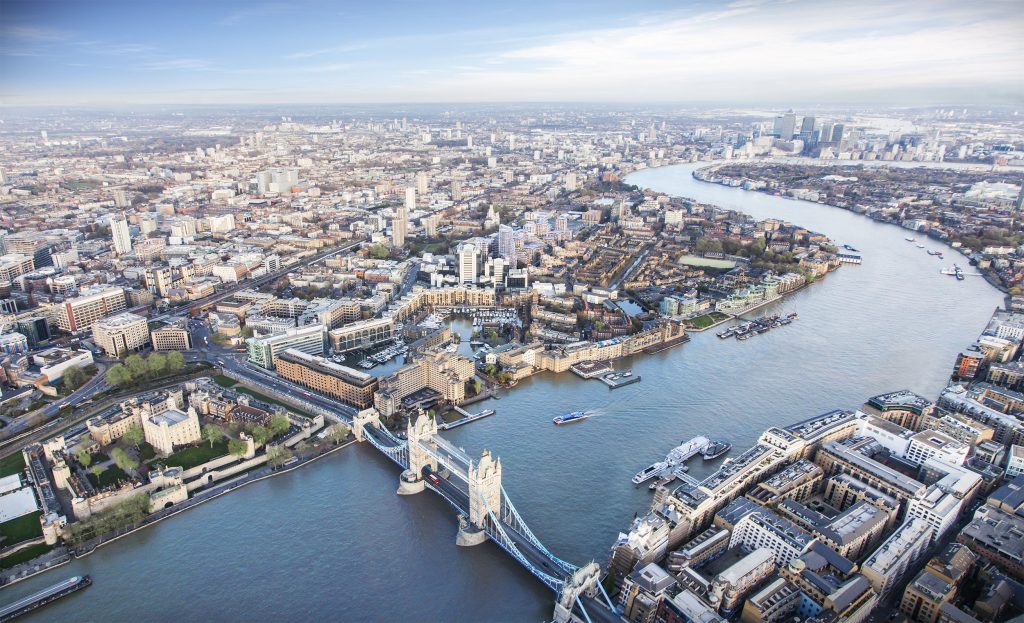
While the government has all but put the brakes on the property market due to the coronavirus crisis – property viewings and on-site valuations are not permitted and completion dates have to be delayed – some aspects are still able to go ahead. Many lenders are still offering mortgage deals, some valuations can be done remotely and physical paperwork is being changed to digital documents.
One thing you can do during lockdown is to lay the groundwork for your mortgage application. That way, you’re ready to proceed with the purchasing process as soon as everything is back to normal. Here, we have detailed some easy steps to follow to make sure you’re prepared for a smooth mortgage process.
Register on the electoral roll
Being registered on the electoral roll helps lenders to confirm your identity. It is often a requirement and you risk your mortgage application being refused if you’re not on the electoral roll. It also helps to increase your credit rating, which goes in your favour when applying for a mortgage. If you’re not already on the electoral roll, now is the perfect time to go online and register.
Check your credit rating
The better your credit score, the better your chances of having a successful mortgage application. Go online and obtain a copy of your credit report from one or more of these credit agencies: Experian, Crediva, Equifax and TransUnion.
This report shows your credit history including your credit cards, mobile phone contracts, utility bills, loans and shopping catalogues. Check that these are correct and that the amount you owe is accurate. If anything is amiss, use this time in lockdown to get this information corrected. This is important because you have more likelihood of being approved for a mortgage with a higher credit score.
Even though your finances may be a bit tighter at this time, it’s important to keep paying your bills on time and to try to keep your credit card balances low as these can adversely affect your credit rating if not kept in check. Consider consolidating your debts and, if possible, clear as much as you can.
With a possible reduced income during this lockdown period, you may be tempted to apply for finance. However, be aware that these companies carry out credit checks and this can be detrimental to your credit score.
Save more for your deposit
You may already have a sum saved for your deposit but lenders have recently withdrawn many mortgage deals meaning higher deposits are now required. If you have any way to save money to increase your deposit, then be sure to do so rather than risk losing out on mortgage deals when the lockdown measures come to an end.
If you’re lucky enough to have your normal income during these circumstances, then this should be easy to do. Even if you’re not receiving your full earnings, increasing your deposit savings is still achievable. The government has guaranteed employees’ earnings by 80% and you won’t have your normal day-to-day expenses. Put aside what you’d normally spend on travel expenses, your cup of coffee on the way to work, meals out and outings with your kids — you may be surprised at how much you can save now that you can’t go out.
Research, research, research
Being stuck at home, the Internet is your new best friend and while you can’t physically visit properties, you can at least research them online.
You’ll no doubt already have in mind the type of property you want to buy – whether it’s a townhouse, a flat, a cottage in the countryside or a bungalow – and also the area you want to live in. Check the prices that similar properties in that area have sold for and check previous valuations on properties that you may already be interested in. This helps to ensure the price you offer is correct for the property’s value.
While you can’t drive around and check out different areas, you can do some research, such as researching local schools, finding out what clubs and activities are offered locally and looking into the transportation links. Contact the local council to find out if any projects are planned in that area as this could affect the property prices, either positively or negatively.
Get your paperwork in order
Numerous bits of paperwork are required for a mortgage application. Save time by gathering all of it together now so that you’re completely ready to proceed when this coronavirus crisis is over. You will need the following:
- Proof of ID: passport or driving license
- Proof of address: council tax bill, utility bill or driving license if not used as your proof of ID
- The last 4 months’ bank statements (all bank accounts)
- Proof of your deposit/savings
- If you’re employed: the last 4 months’ payslips and the latest P60
- If you’re self-employed: the last 3 years’ company accounts, SA302s and tax year overviews
- If you receive a pension income: pension payslips / pension statement
- A copy of your credit report from ‘checkmyfile’ (https://www.checkmyfile.com/)
Due to tighter lending restrictions related to COVID-19, most lenders also require a letter from your employer unless you are a key worker. The letter must include the following:
- Confirmation of your job security
- Confirmation that your salary will not be impacted
Confirmation of any impact on overtime commission or bonuses
Talk to the mortgage experts.
Call us on 01322 907 000
or enquire now
Get in touch
Error: Contact form not found.

